Google and the University of Cambridge deal looks to pioneer responsible AI research
Google will collaborate with university researchers on AI for good
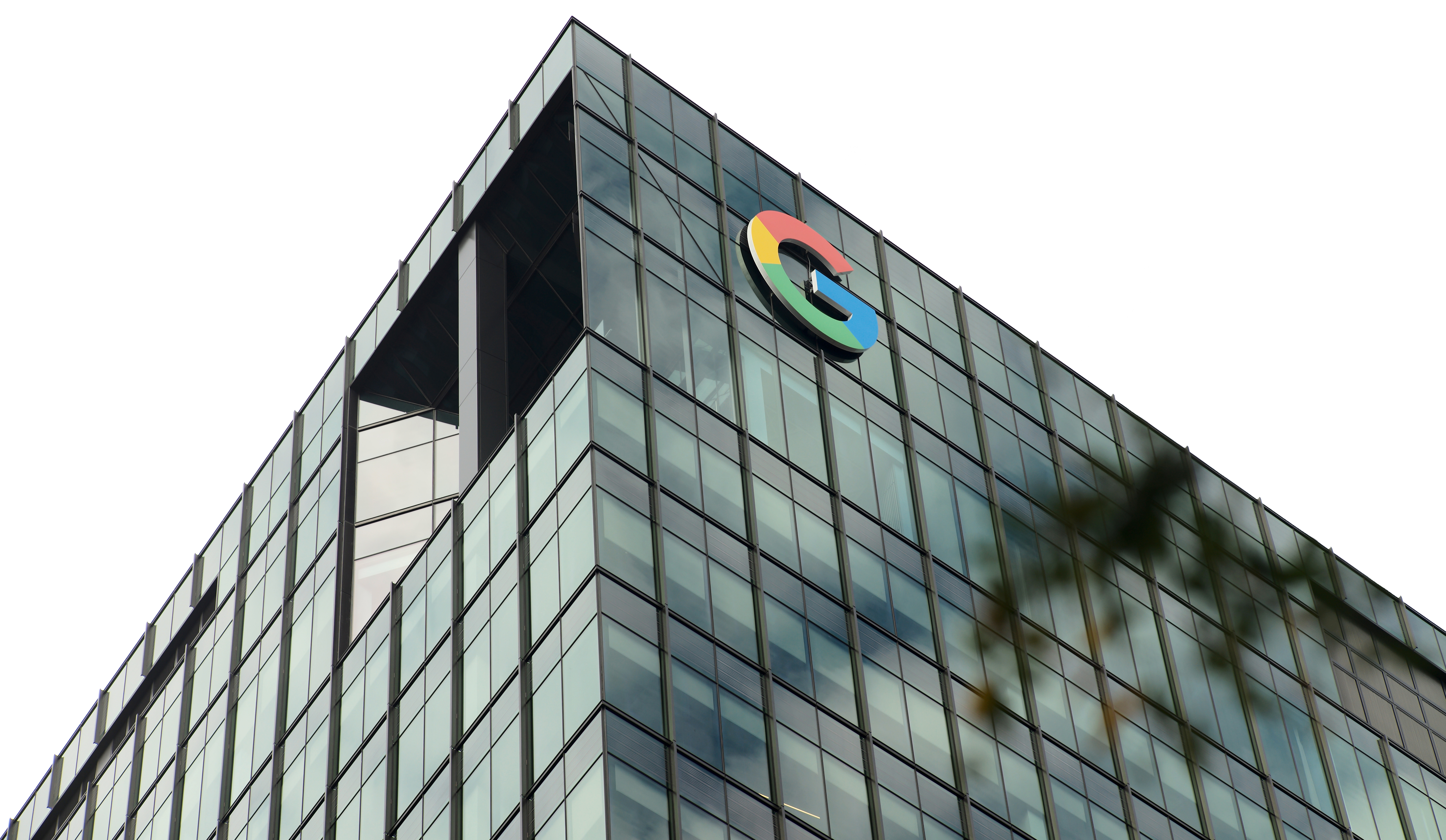

Google and the University of Cambridge have signed a multi-year research deal on responsible AI aimed at exploring the potential societal benefits of the technology.
Google to work with the university's Centre for Human-Inspired Artificial Intelligence (CHIA) as part of the deal, focusing specifically on foundational AI research projects in areas of shared interest, including climate and sustainability, and AI ethics and safety.
Matt Brittin, president of Google EMEA, said the collaboration will help shape the future of responsible AI development, and marks a significant commitment from the tech giant in driving the safe adoption of the technology.
"By collaborating with one of our world-leading British academic institutions, we can enable AI research that is bold, responsible and designed to meet the needs of people across the country,” he said.
"This partnership also reaffirms Google’s commitment to the UK as a global AI and technology leader."
Research projects will focus on responsible AI, human-centered robotics, human-machine interaction, healthcare, economic sustainability, and climate change, according to Google.
"The University of Cambridge can be an engine for AI innovation and a steward of advancements in this exciting field," said Jessica Montgomery, director of ai@cam, the University's mission on artificial intelligence.
Get the ITPro daily newsletter
Sign up today and you will receive a free copy of our Future Focus 2025 report - the leading guidance on AI, cybersecurity and other IT challenges as per 700+ senior executives
"Translating advances in AI to benefits for science, citizens, and society requires interdisciplinary research that is deeply connected to real-word needs."
"The research collaboration agreement announced today will support research activities across the university. We want to leverage the world-leading expertise found across the University to enable exciting new advances in responsible AI."
CHIA, headed by Professor Anna Korhonen, Professor Per Ola Kristensson, and Dr John Suckling, was created in July 2022, bringing together researchers from engineering and mathematics, philosophy and social sciences, as well as computer scientists and robotics experts.
Along with the Centre for the Study of Existential Risk (CSER) and the Leverhulme Centre for the Future of Intelligence (CFI), it forms part of the university's Institute for Technology and Humanity (ITH).
Google is the center’s first funding partner, and the agreement comes with an 'unrestricted' grant from Google, which will support research and fund students from under-represented groups to carry out PhDs to help broaden diversity in the AI research community.
RELATED RESOURCE

The enterprise’s guide for Generative AI
Learn about the impact GenAI is having on businesses
"As our first funding partner, Google has been with us from the start of our journey, helping enable the breakthrough interdisciplinary research that we do," Korhonen said.
"Partnerships like this – between academia and industry – will continue to be vital for the successful development of human-inspired AI."
Google Research and Google DeepMind have been working with the University of Cambridge for several years, funding academic research and collaboration between faculty and Google researchers, along with a PhD Fellowship Programme and the DeepMind Professor of Machine Learning.
Emma Woollacott is a freelance journalist writing for publications including the BBC, Private Eye, Forbes, Raconteur and specialist technology titles.
-
 Bigger salaries, more burnout: Is the CISO role in crisis?
Bigger salaries, more burnout: Is the CISO role in crisis?In-depth CISOs are more stressed than ever before – but why is this and what can be done?
By Kate O'Flaherty Published
-
 Cheap cyber crime kits can be bought on the dark web for less than $25
Cheap cyber crime kits can be bought on the dark web for less than $25News Research from NordVPN shows phishing kits are now widely available on the dark web and via messaging apps like Telegram, and are often selling for less than $25.
By Emma Woollacott Published
-
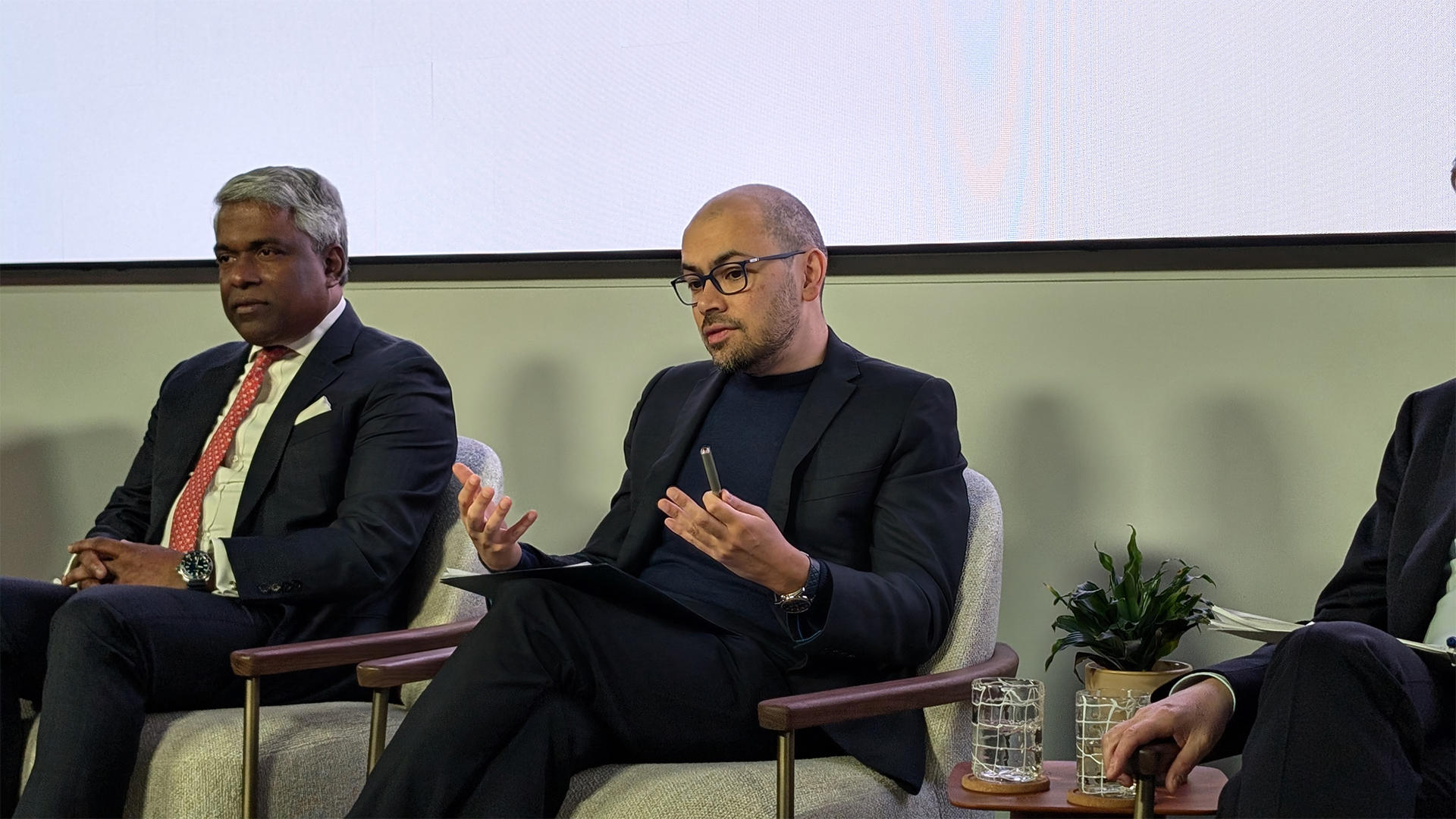 Google DeepMind’s Demis Hassabis says AI isn’t a ‘silver bullet’ – but within five to ten years its benefits will be undeniable
Google DeepMind’s Demis Hassabis says AI isn’t a ‘silver bullet’ – but within five to ten years its benefits will be undeniableNews Demis Hassabis, CEO at Google DeepMind and one of the UK’s most prominent voices on AI, says AI will bring exciting developments in the coming year.
By Rory Bathgate Published
-
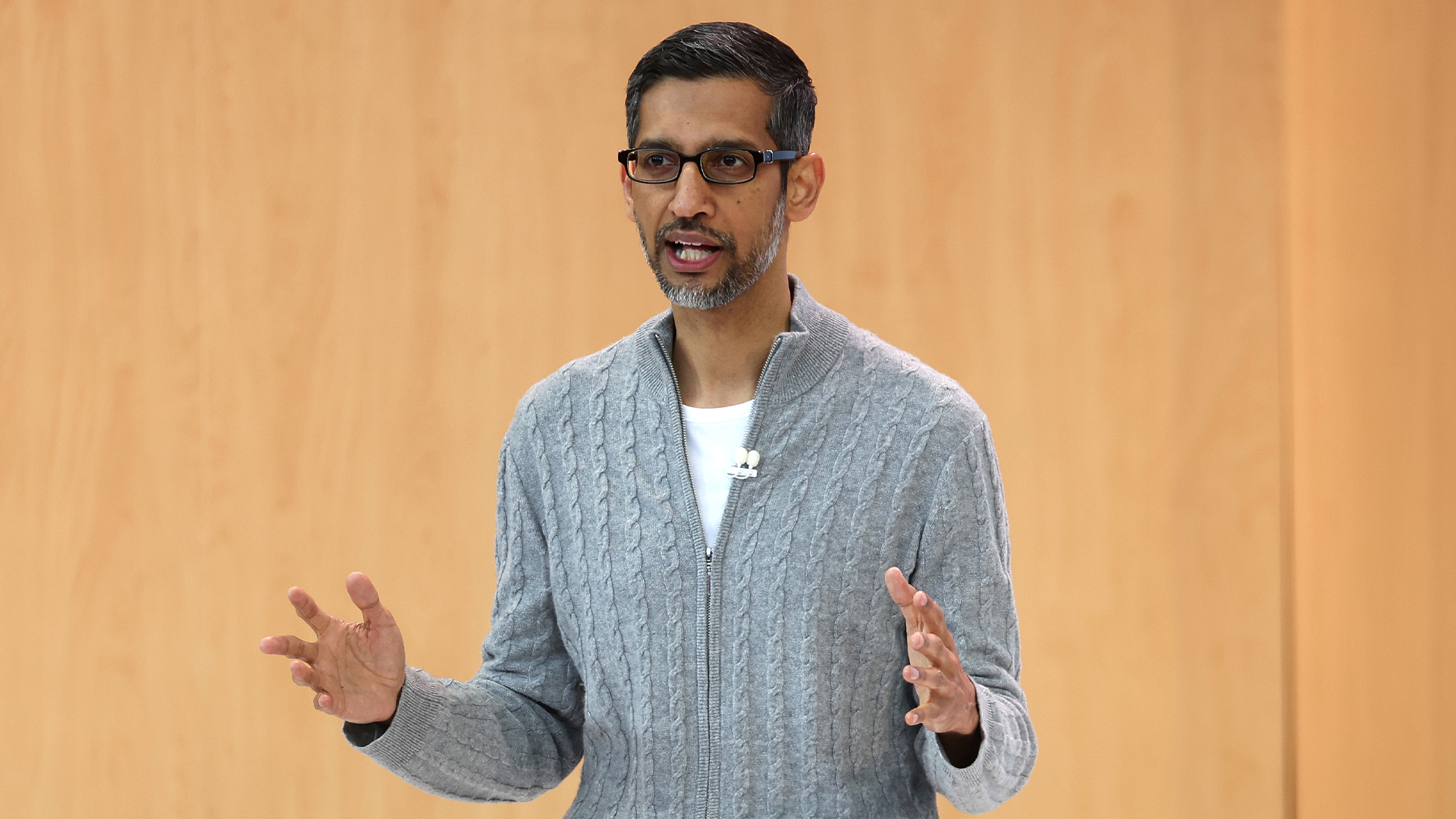 Google CEO Sundar Pichai says DeepSeek has done ‘good work’ showcasing AI model efficiency — and Gemini is going the same way too
Google CEO Sundar Pichai says DeepSeek has done ‘good work’ showcasing AI model efficiency — and Gemini is going the same way tooNews Google CEO Sundar Pichai hailed the DeepSeek model release as a step in the right direction for AI efficiency and accessibility.
By Nicole Kobie Published
-
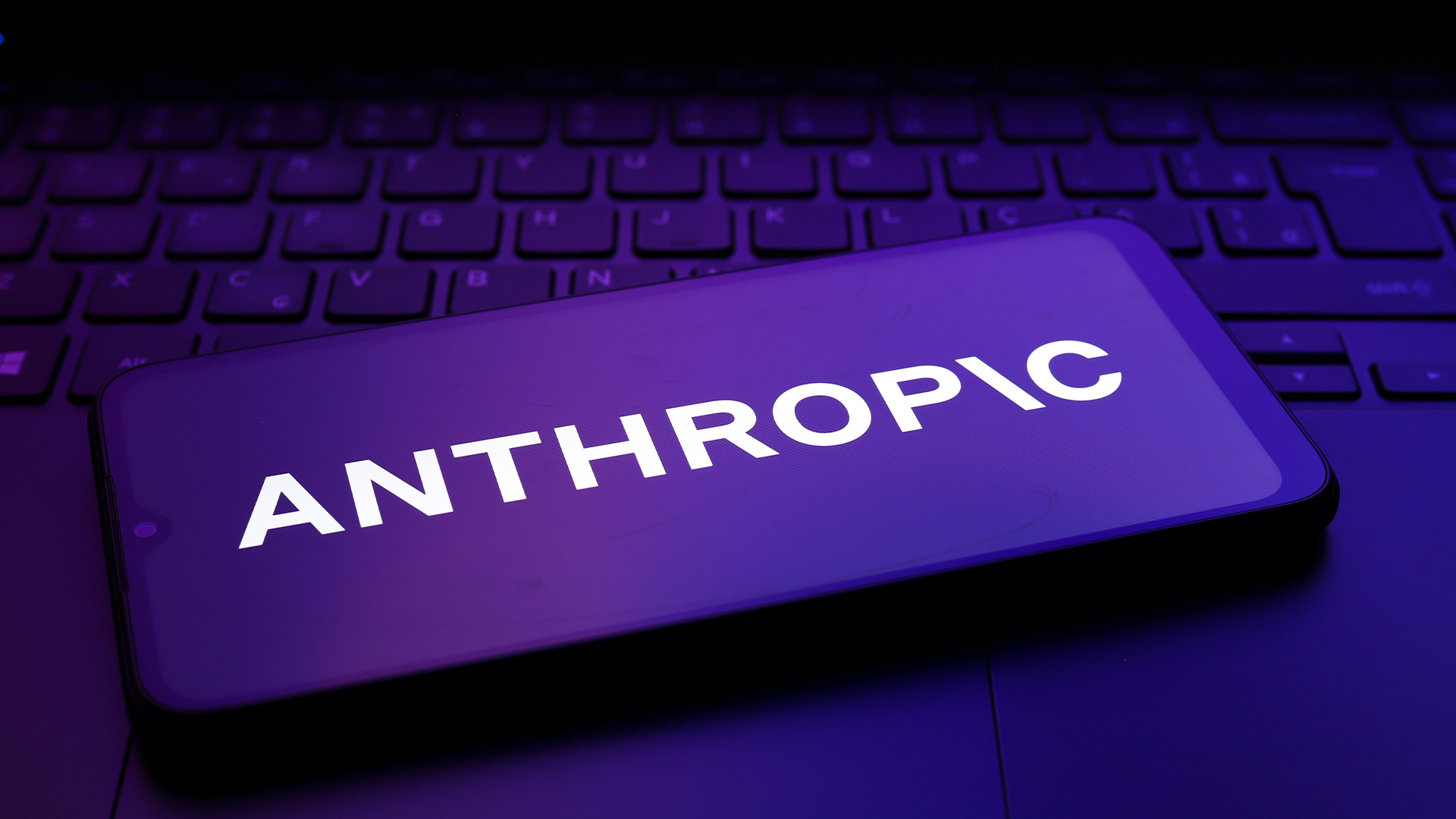 Google will invest a further $1 billion in AI startup Anthropic
Google will invest a further $1 billion in AI startup AnthropicNews This is the latest in a flurry of big tech investments for the AI startup
By George Fitzmaurice Published
-
 2024 was the year where AI finally started returning on investment
2024 was the year where AI finally started returning on investmentOpinion It's taken a while, but enterprises are finally beginning to see the benefits of AI
By Ross Kelly Last updated
-
 Has Google made a quantum breakthrough?
Has Google made a quantum breakthrough?ITPro Podcast The Willow chip is reported to run laps around even the fastest supercomputers – but the context for these benchmarks reveals only longer-term benefits
By Rory Bathgate Published
-
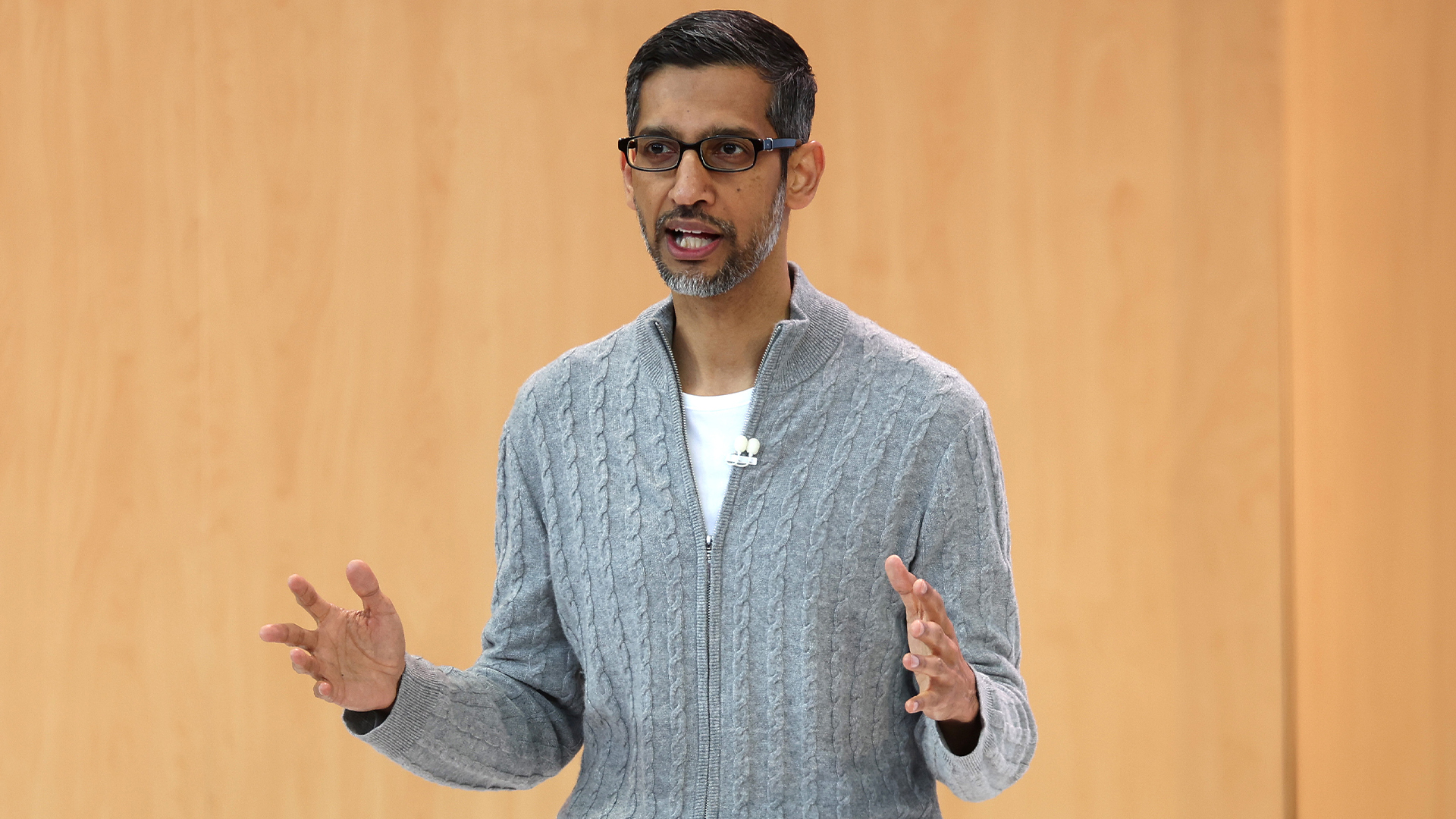 Google jumps on the agentic AI bandwagon
Google jumps on the agentic AI bandwagonNews Agentic AI is all the rage, and Google wants to get involved
By Nicole Kobie Published
-
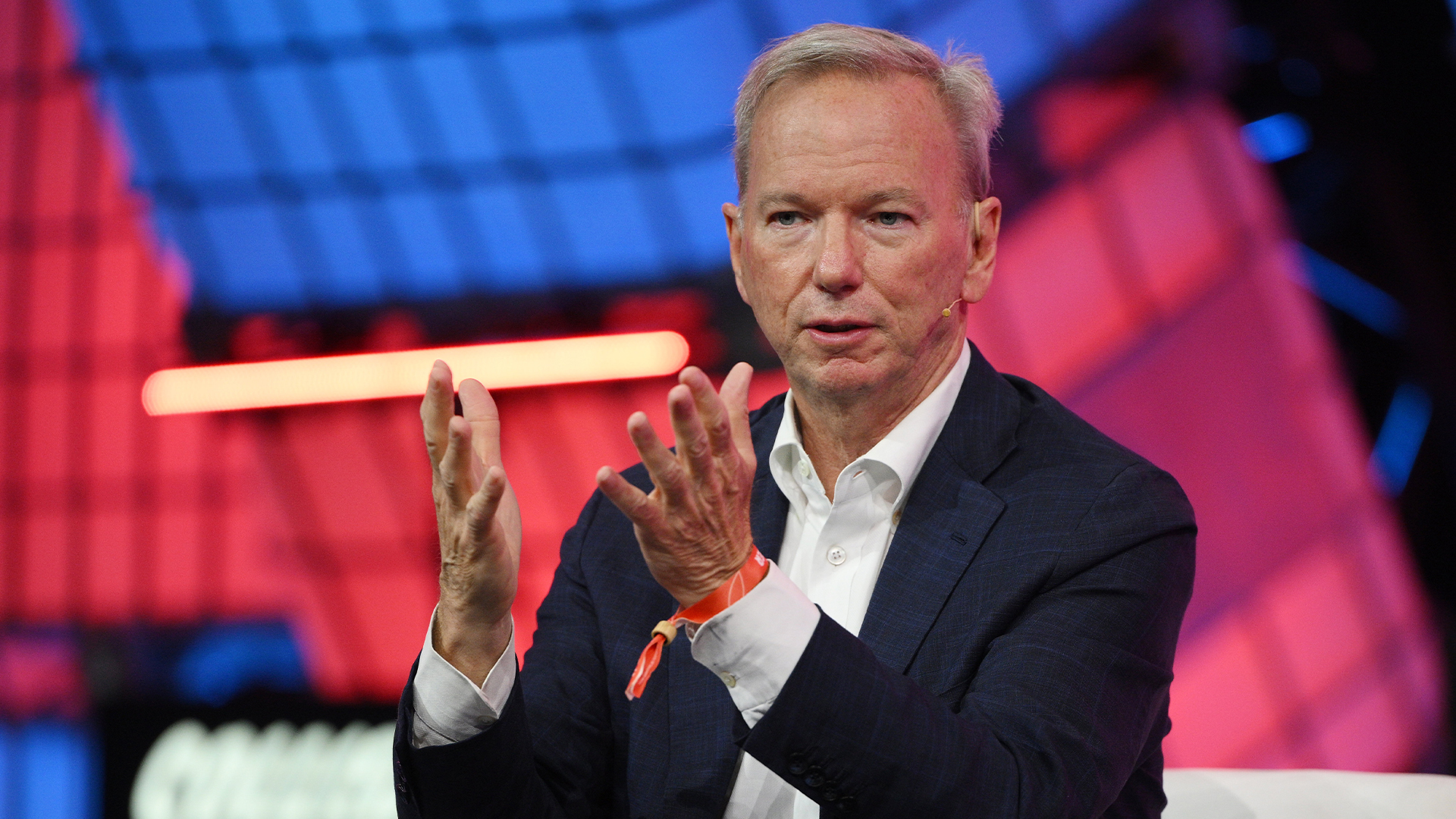 Former Google CEO Eric Schmidt rejects claims Al scaling has peaked
Former Google CEO Eric Schmidt rejects claims Al scaling has peakedNews AI doesn't has a scaling problem, despite reports to the contrary
By Nicole Kobie Published
-
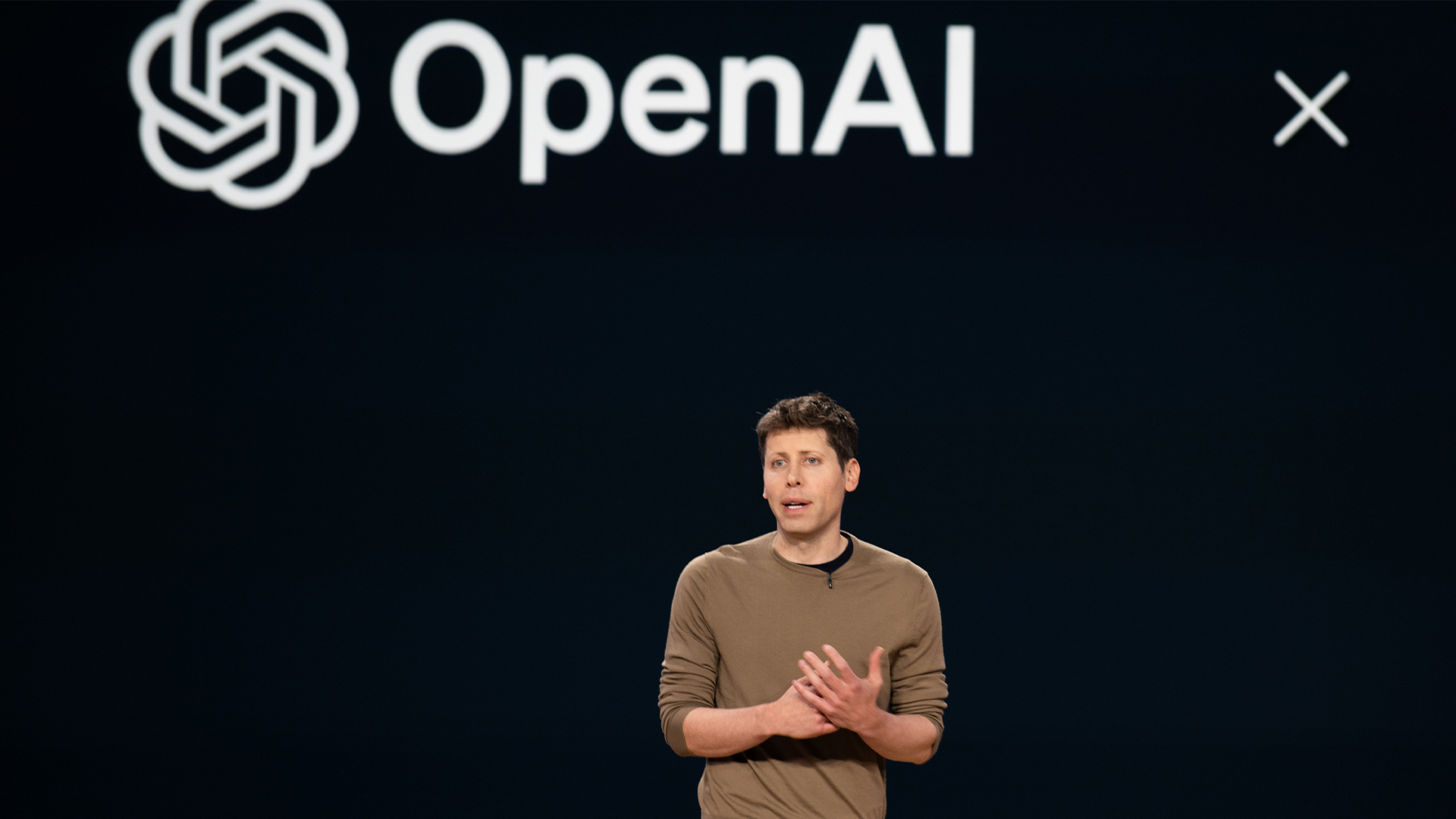 OpenAI could be plotting a foray into the world of AI agents – here’s what we know so far
OpenAI could be plotting a foray into the world of AI agents – here’s what we know so farNews The launch date for OpenAI’s "Operator" agent is believed to have been revealed at a staff meeting
By Nicole Kobie Published
